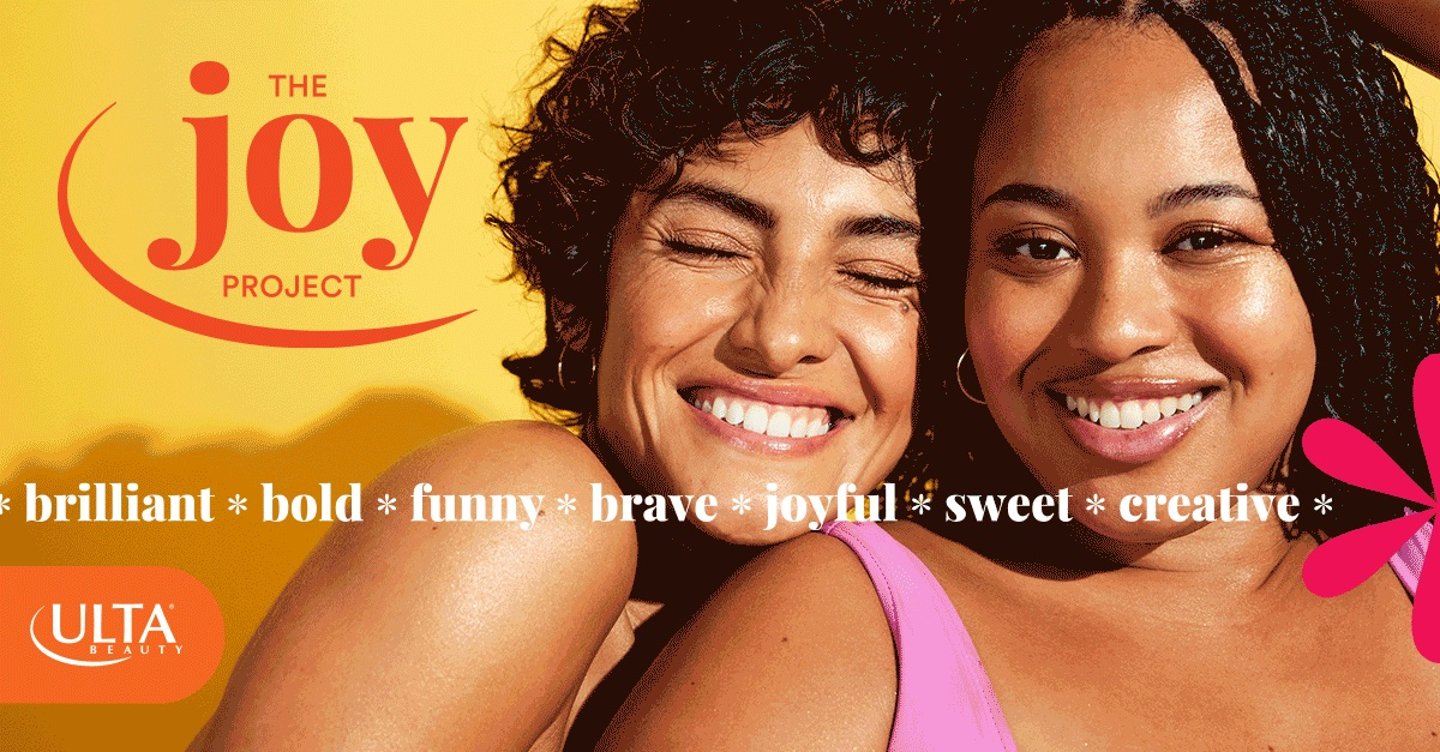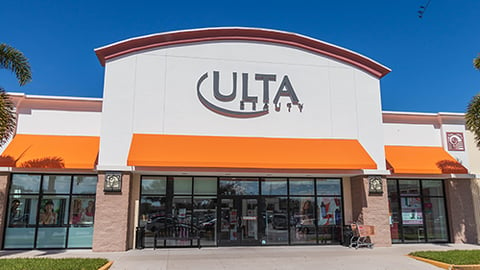Ulta Beauty studies what self-care, beauty means to younger generations
Ulta Beauty is taking a look at how self-love and confidence are major definers of beauty across generations in its “Generation Joy: Defined by Beauty Enthusiasts of All Ages, United By Joy” study, which is a spinoff of it’s "The Joy Project" initiative.
The study, in which the retailer leveraged proprietary insights and data from consumers in the United States, uncovers how individuals across generations perceive, experience and are influenced by beauty, and how beauty is the cornerstone of beauty rituals developed over time.
“Those of us who engage with beauty know it’s so much more than how it makes us look, it’s also about how it makes us feel. At Ulta Beauty, we’re fascinated by the emotive powers beauty has and how one single product can spark moments of creativity, joy and lifelong memories. As we learn more about the unique needs of beauty enthusiasts across generations, it’s abundantly clear that we’re all united by the joy beauty brings,” said Michelle Crossan-Matos, CMO of Ulta Beauty.
Younger generations—specifically Gen Z and Gen Alpha—each have their own definition of beauty, but both have been found to agree on the notion that beauty is fun. Gen Z looks at the topic as being one’s authentic self, while Gen Alpha’s version is molded by their parent’s values with self-care being at the center, the study found.
[Read more: Tweens, dupes dominate]
“Gen Alpha is 27% less likely to be required to wait until a certain age to wear makeup compared to other generations. They’re also more likely to use products containing specific ingredients, indicating that parents are being watchful of the beauty products that this generation is putting on their skin,” the beauty retailer said.
A surprising find from the report notes that Gen Z females begin experimenting with beauty products at around age 13 years old, while Gen Alpha has started much earlier—at the age of 8 years old for both males and females.
Gen Alpha also has been found to define concretely what beauty means to them, many doing so by the age of 11 years old.
“We’ve always known beauty to be deeply personal and emotional, and we’re seeing that connection grow stronger among younger consumers. We saw this intensity for beauty and wellness really blossom with Gen Z, and now Gen Alpha is eagerly following in their footsteps. It’s refreshing to see our guests embracing self-care and prioritizing their holistic wellbeing at younger ages as this helps establish a healthy relationship with beauty that can grow into healthy, lifelong habits. That’s why we’re focused on building an assortment with age appropriate solutions that support varying life stages,” said Monica Arnaudo, chief merchandising officer at Ulta Beauty.
When taking a look at Ulta Beauty Rewards Members who are parents to Gen Alpha, 77% say they are somewhat or very encouraging of their child’s interest in beauty.
“It is important that children have the opportunity for self discovery in developing their personal identity. Beauty is a huge component of that,” stated an Ulta Beauty Rewards Member and parent of Gen Alpha.
[Read more: Ulta Beauty offers delivery via DoorDash across all 50 states]
The report also notes that Gen Alpha is absorbing ideas about beauty from the two generations before them—Gen Z and Millennials—and Gen Z turns to online resources for information, though they’re more skeptical when it comes to social media.
For Millennials, Gen Xers, and boomers, online reviews, brand websites and seeing brands/products in-store carry the most weight in informing their beauty purchases.
Following the release of these findings, Ulta Beauty is asking guests, associates, brand partners and influencers to celebrate the people in their lives by sharing what makes them beautiful inside and out.
Lastly, Ulta Beauty is encouraging everyone to compliment someone on social by posting moments they’ve shared and what makes them beautiful and tagging @UltaBeauty and #JoyForward—to shift the beauty conversation from one of comparison to one of connection and community, per the retailer.









